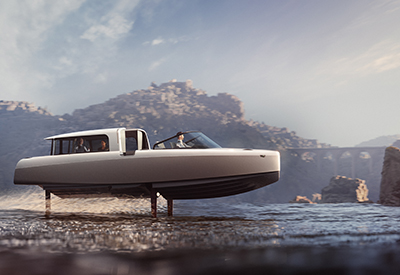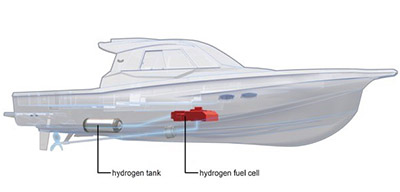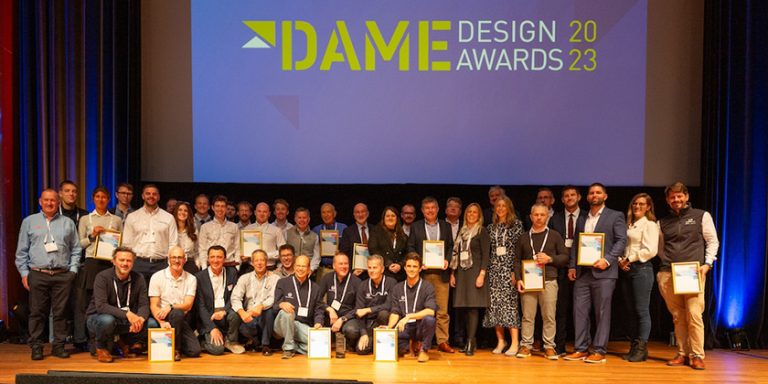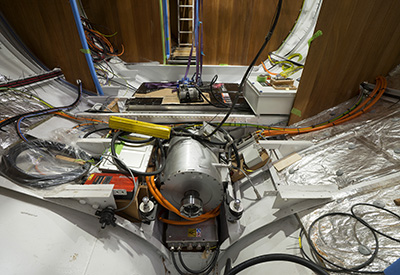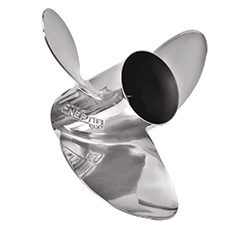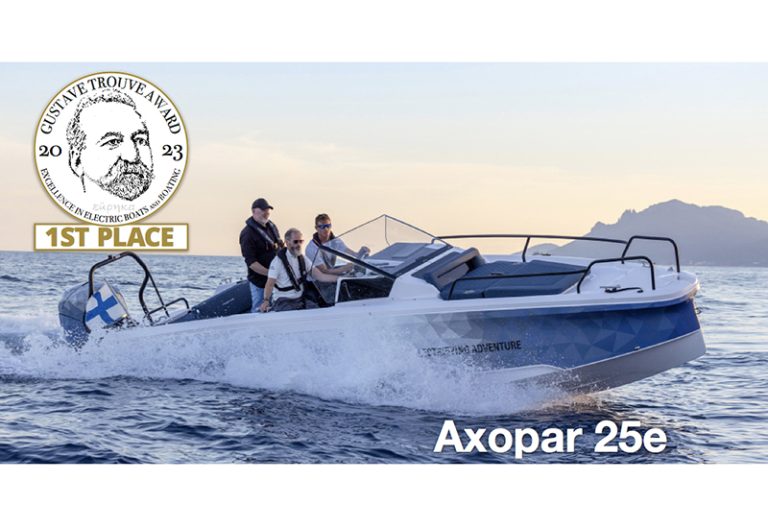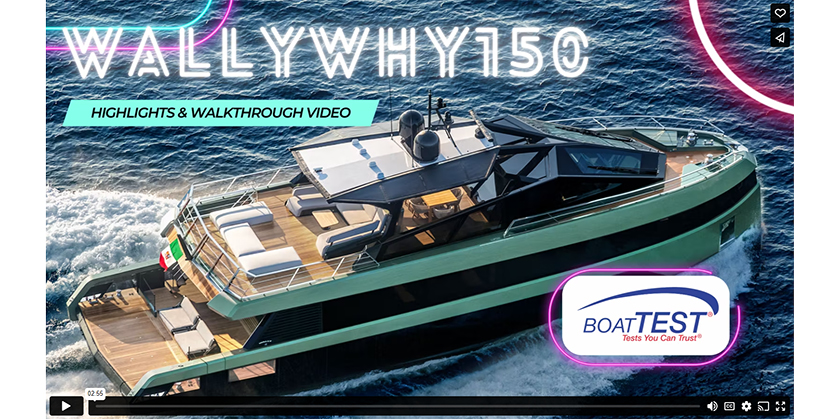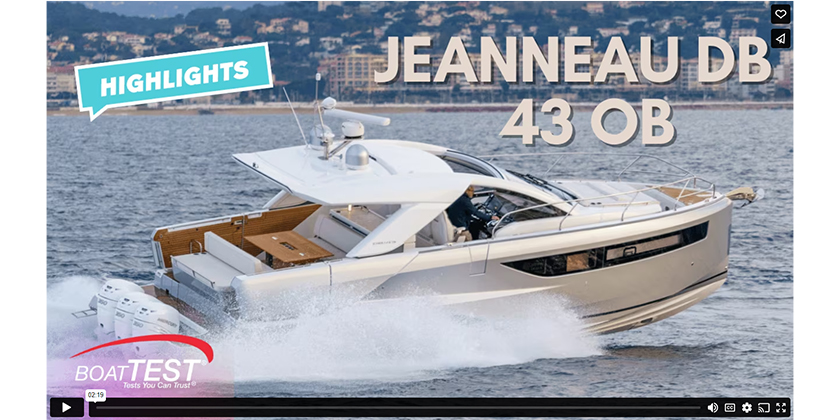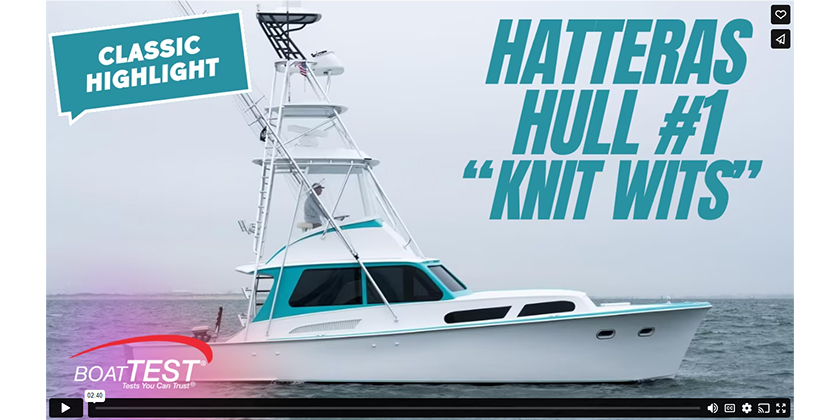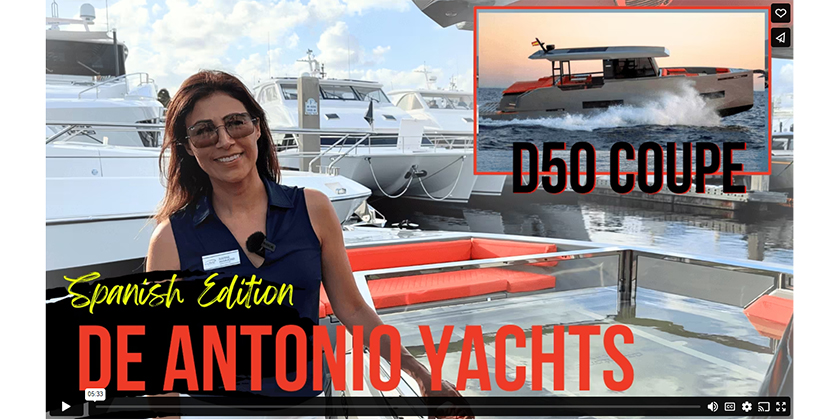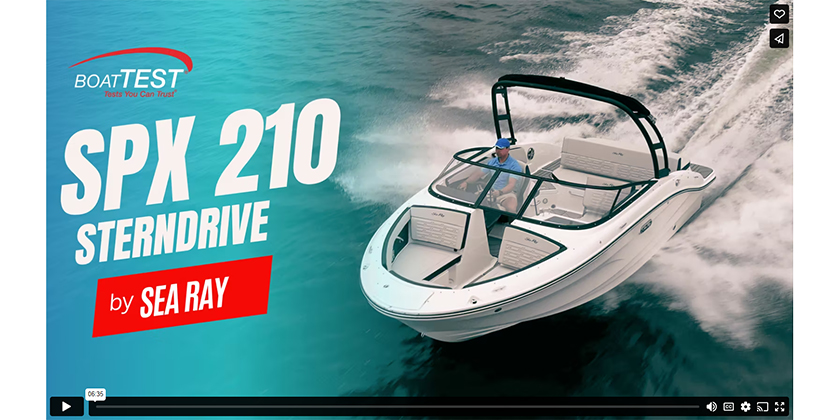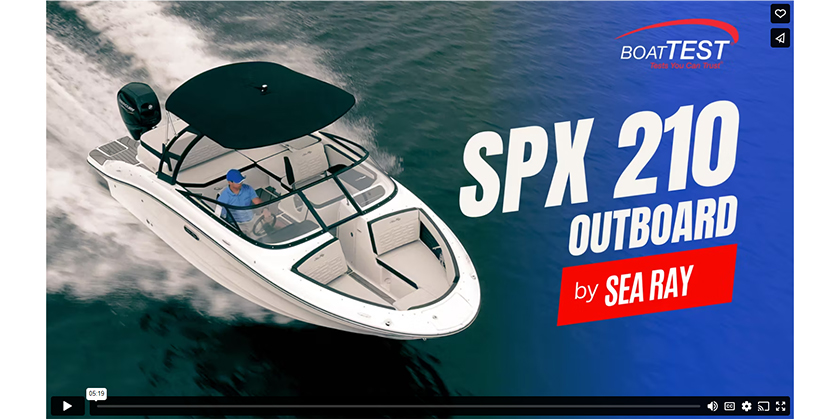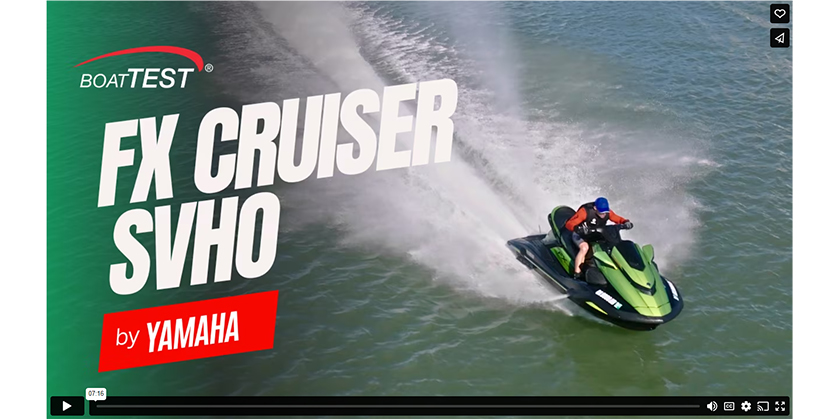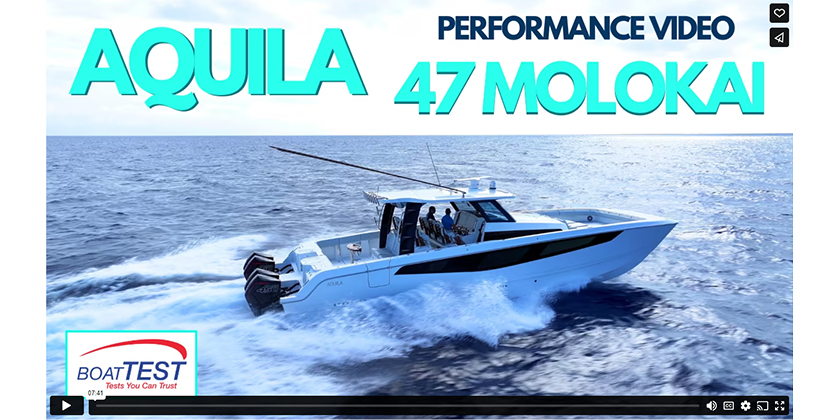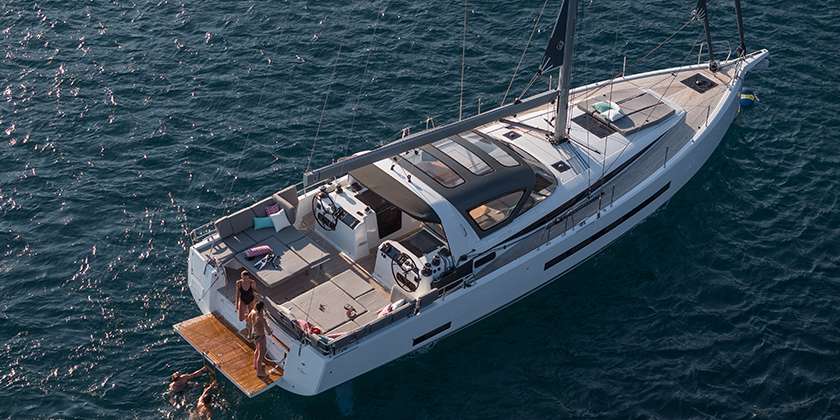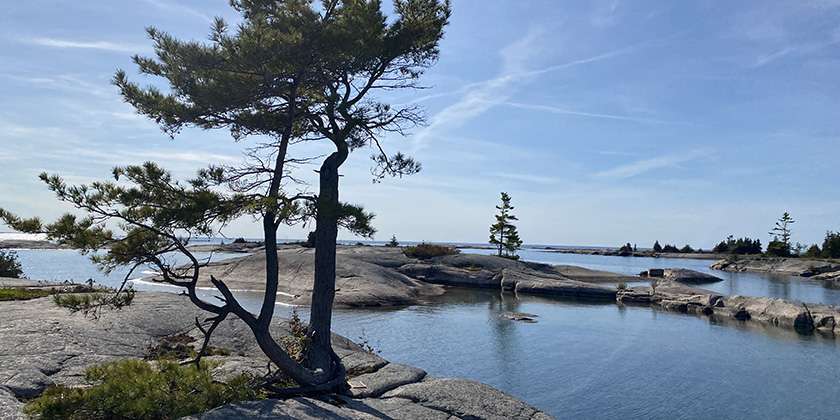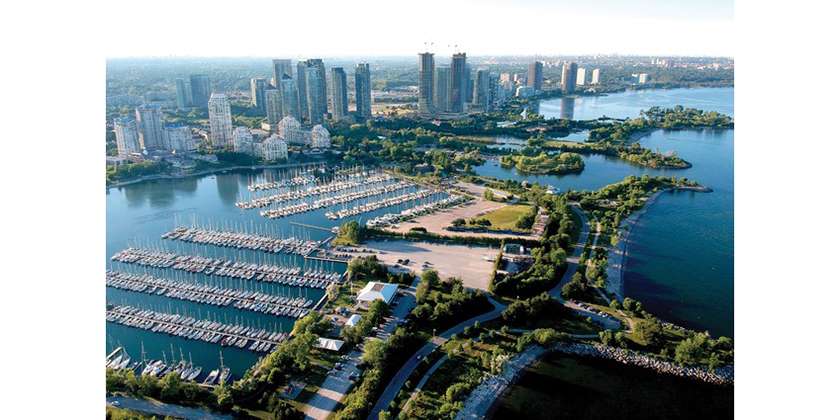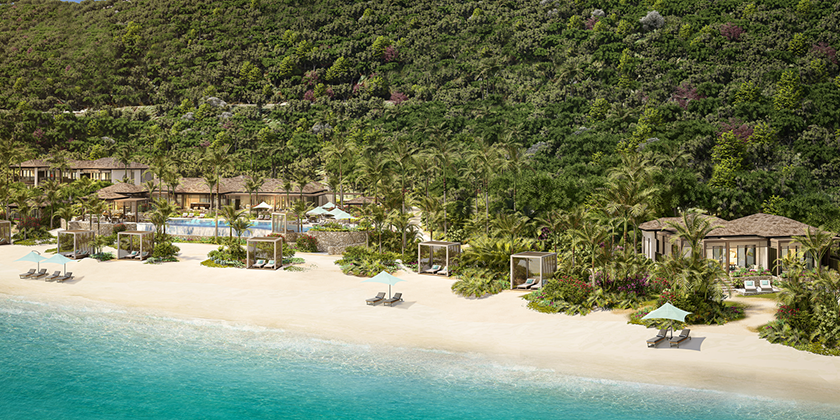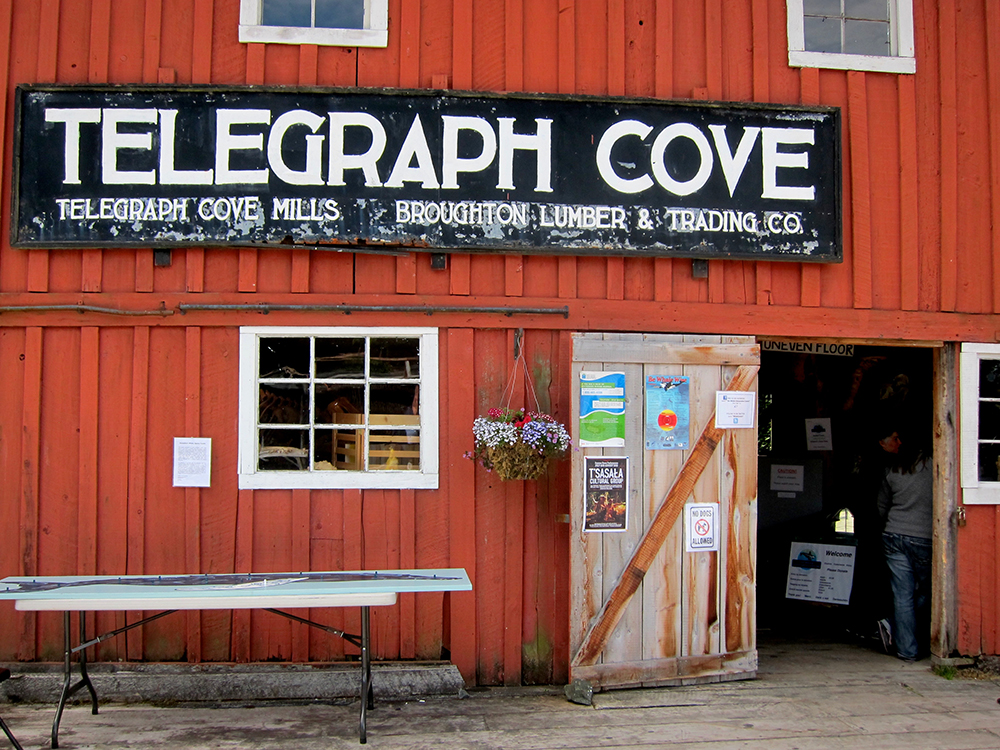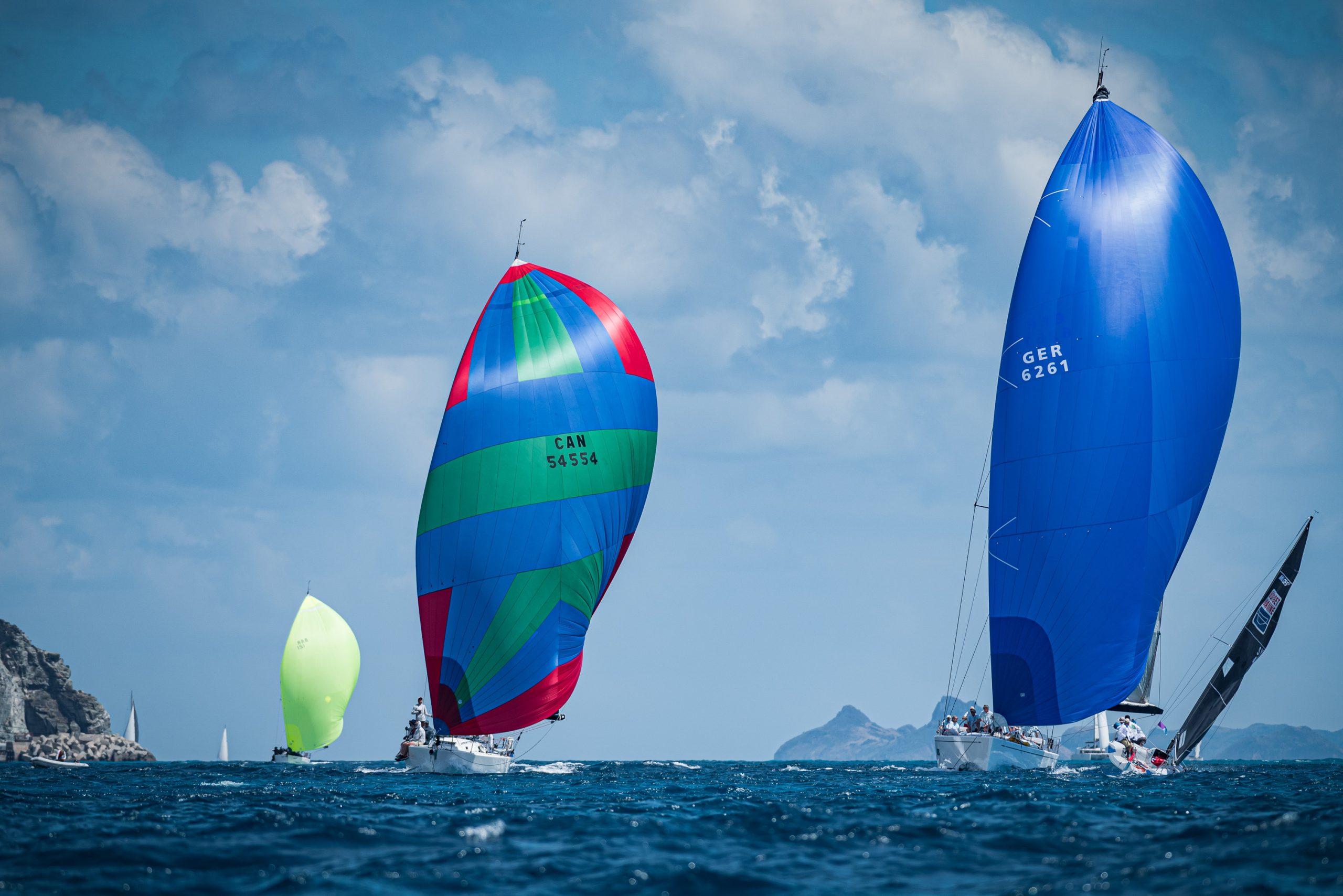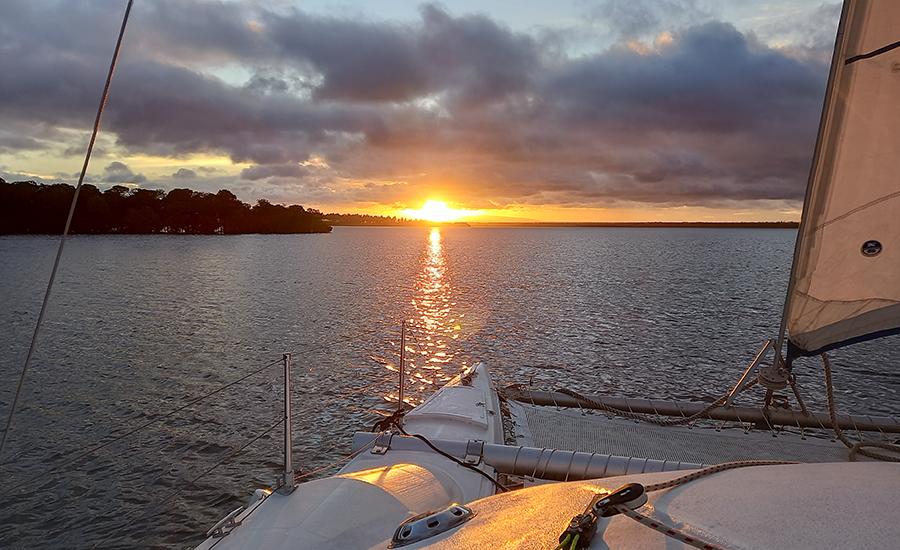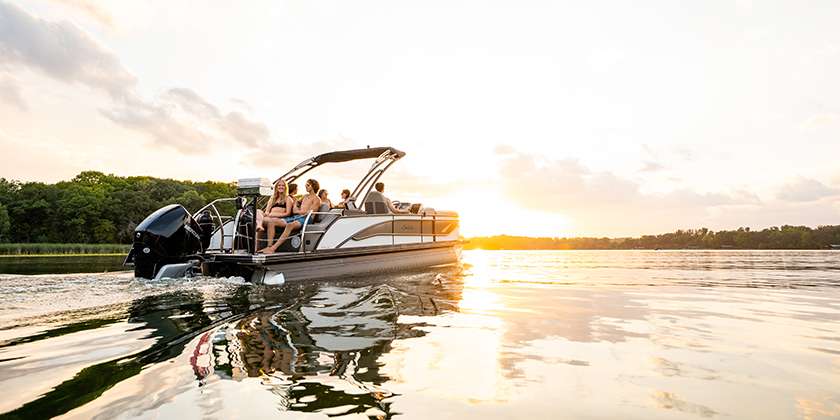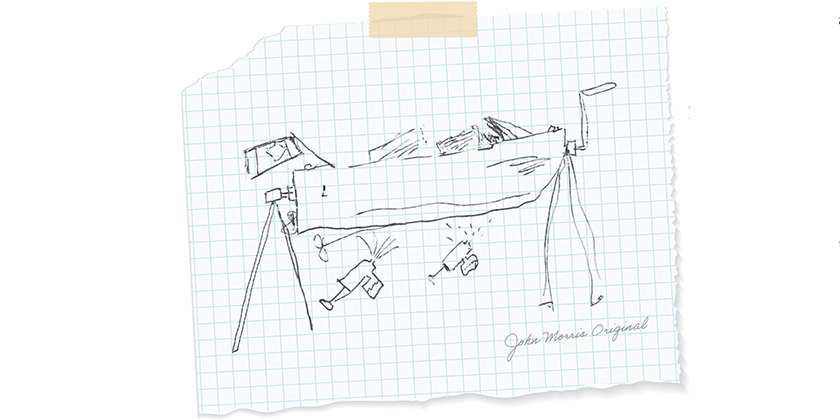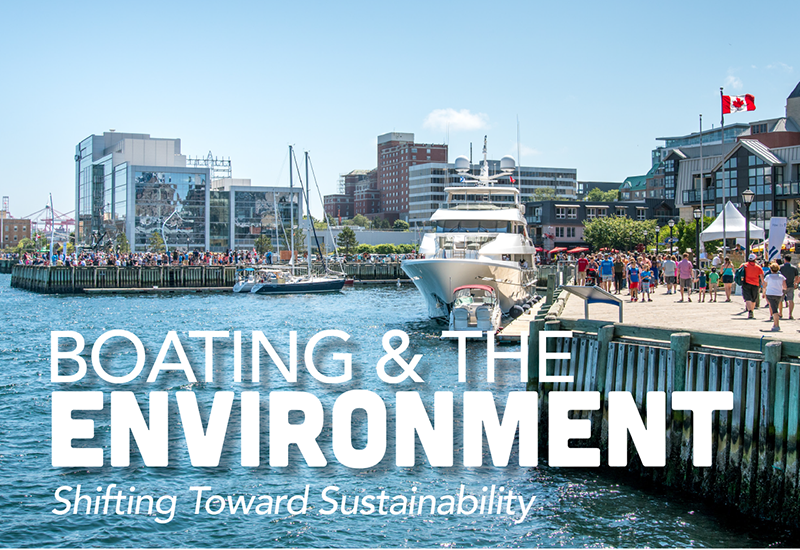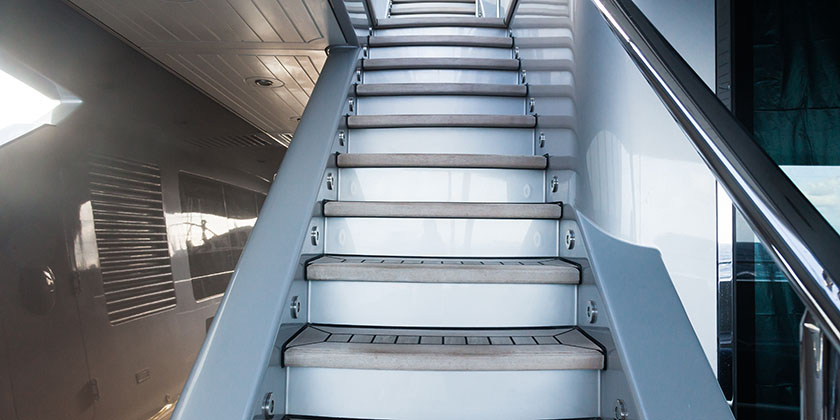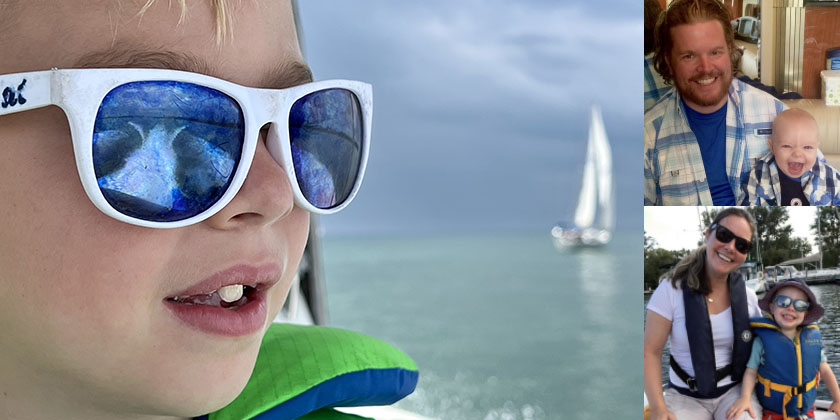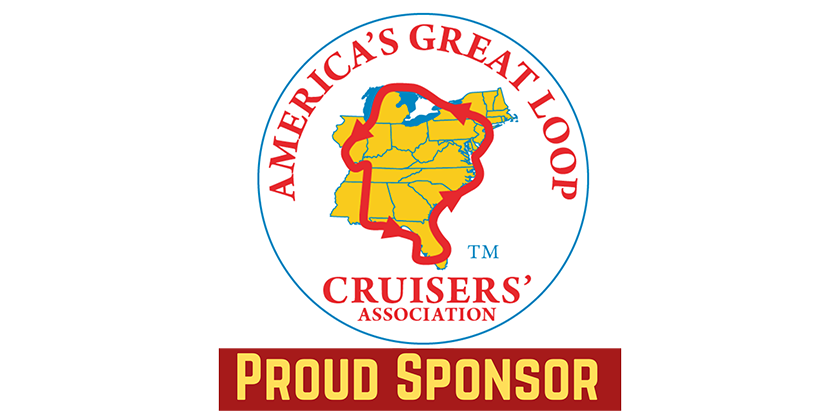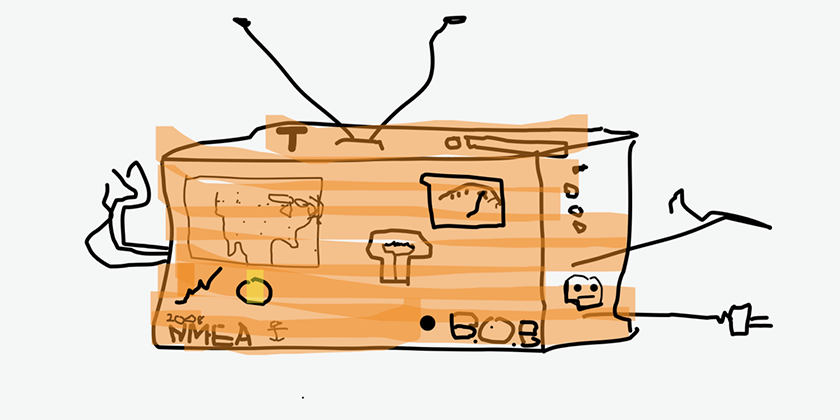Plugboats: Yamaha, Mercury, Tohatsu, Yanmar get in the game
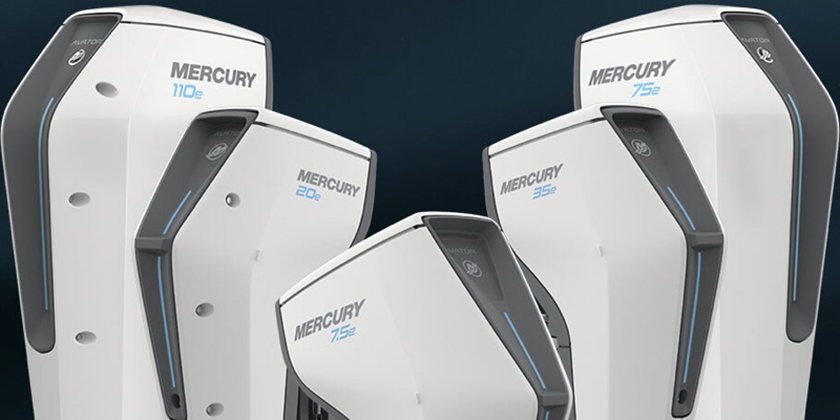
The Mercury Avatar lineup
Apr 25, 2024
by Jeff Butler
Something is happening here, and everyone in the electric boats world is excited.
On April 3 European financial regulators approved the sale by Deutz AG of the world’s largest electric boat motor manufacturer – Torqeedo – to the world’s largest outboard manufacturer – Yamaha.
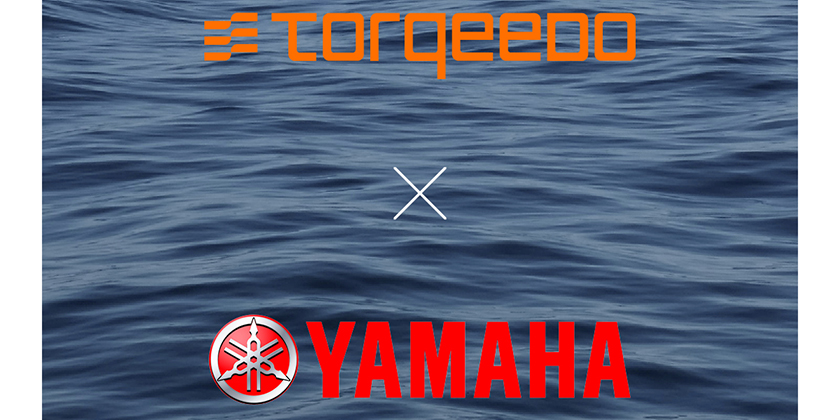
The deal, worth ‘in the high double-digit millions’, was first announced just a day before the big Düsseldorf Boat Show in late January. That also happened to be the time that Mercury unveiled higher power motors in their Avator line of electric outboards that were launched in early 2023.
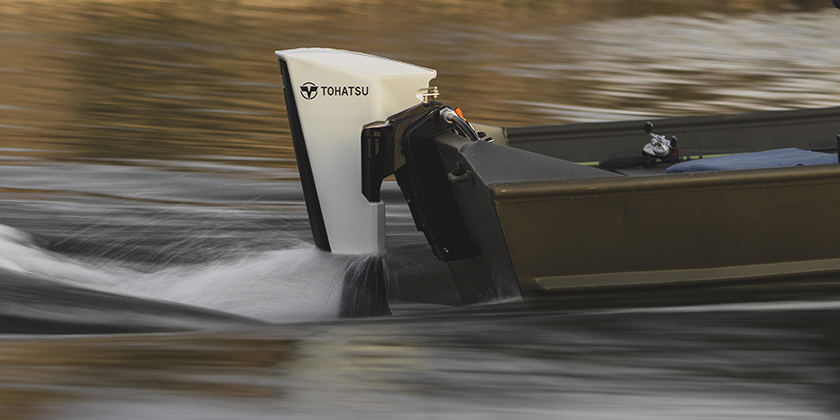
The speculation in the electric boat industry was that surely Tohatsu would need to do something in the segment and sure enough the company (who manufacture many outboards sold under other brand names) announced at the Miami Boat Show that they were launching an electric outboard.
Just around the corner at the same show, Yanmar, who have the world’s largest market share for sailboat motors, had their first electric saildrive on display.
Some background
Electric motors have been around for a long time – since 1839, when Imperial Russia’s Czar Nicholas the First, commissioned a twenty-eight-foot-long electric boat that could carry 14 passengers.
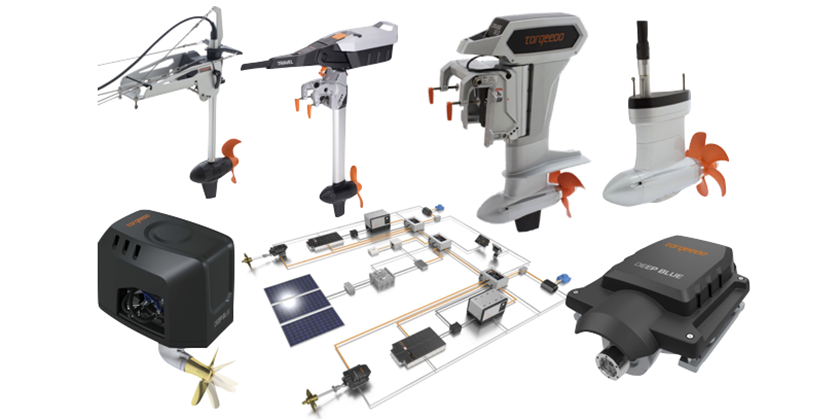
Like electric cars, though, eboats got swamped in the last century by diesel and gas powered units and have only started to gain significant attention in the past 15 years. They are still a far cry behind combustion engines – the total sales of all Torqeedo products (from kayak trolling motors to 100+ kW commercial systems) since its founding in 2005 is roughly 1/3 of the number of fossil fuel outboards sold in a year.
Again, as in the automobile market, things are starting to change, and it could well be that 2024 is marked as a turning point. One of the big issues for companies that make electric outboards is that designing and manufacturing them is one thing. Getting them to market is another.
There are 2,235 Yamaha Outboard dealers in the USA alone and Mercury has more than 5,000 dealers worldwide. The companies in the electric market are young and have had no way to build up anything like those kinds of networks. If you want to buy an electric boat motor now you have to look for it.
That will almost inevitably change, though, as the major companies who now have money invested in the game will start bringing electric motors into those dealerships. Two things start to happen with that.
One is obviously awareness; more people start to realize that there are electric boat motors available. The other is that when they are seen in Yamaha, Mercury, and other dealerships, that brings more credibility to all electric motors in general.
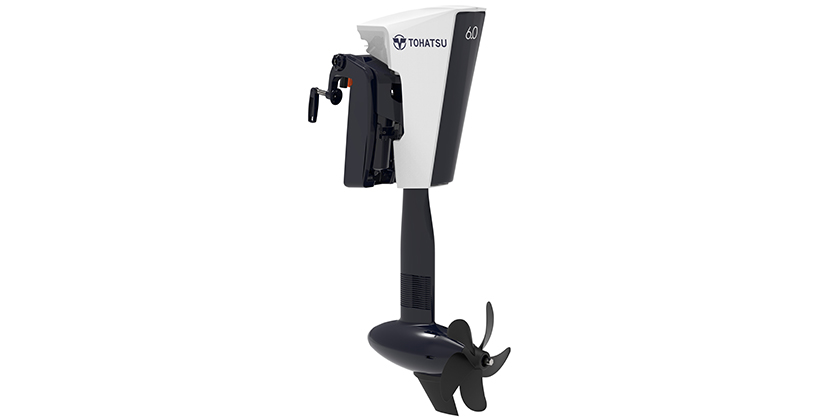
The world’s five major outboard manufacturers are Yamaha, Mercury, Tohatsu, Honda and Suzuki. Three of them are now in the electric market and Honda quietly introduced a small prototype outboard about a year ago.
‘Coming soon to a dealer near you’ seems to be an appropriate theme for the future of electric motors, and the industry is hoping that another phrase (albeit modified) will also apply: ‘A rising tide lifts all electric boats.’
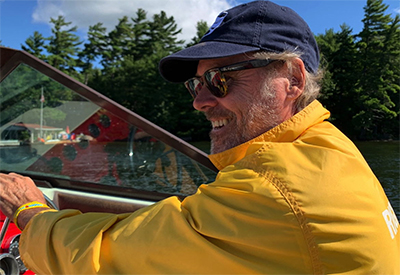
Jeff Butler is based in Toronto and is the Editor/Publisher of plugboats.com, the international website covering everything electric boats and boating. He is also President of the Electric Boat Association of Canada.

